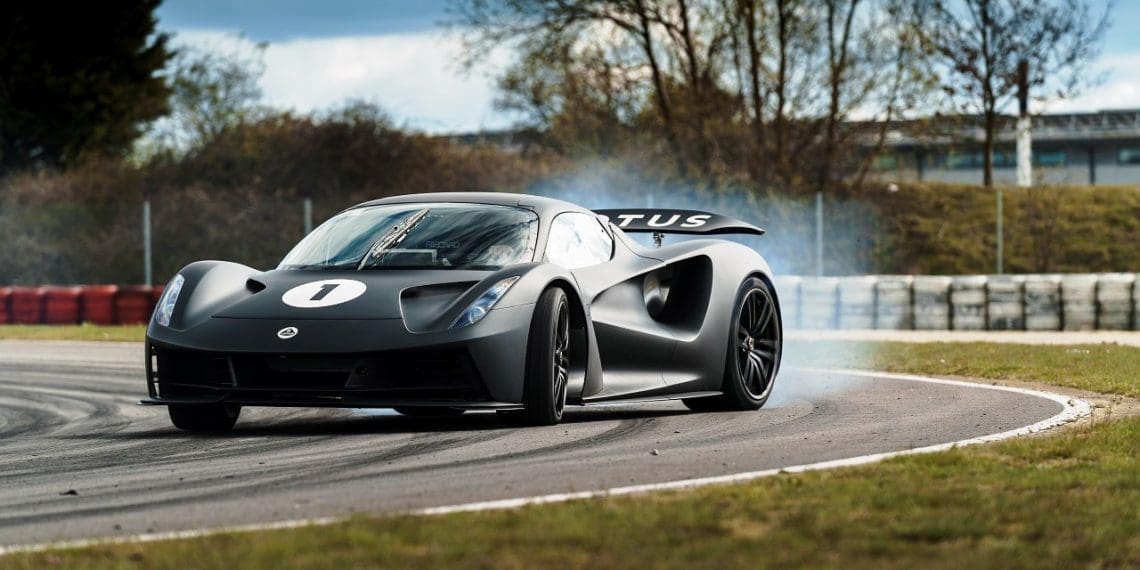Lotus Reports Increased Losses Despite 239% Surge in Sales for Q2 2024
Lotus, the iconic British car manufacturer, is grappling with financial difficulties despite a significant surge in sales. The company reported a net loss of $202 million for the second quarter of 2024, a slight increase from the $193 million loss recorded in the same period last year. This comes even as the company experienced an impressive 239% increase in sales compared to 2023, highlighting the complex challenges it faces in its transition to electric vehicles (EVs) and global expansion.
Electric Ambitions Struggle to Deliver
Lotus’s ambitious push into the electric vehicle market has been met with mixed results. The introduction of the Electre SUV and the Emeya sedan has driven a spike in sales, with 2,389 units sold in the first half of 2024 compared to just 871 in the previous year. Additionally, the gas-powered Lotus Emira sports car saw a significant jump in deliveries, particularly in the U.S. market, with 2,484 units sold in the first half of 2024, up from 568 units last year.
However, despite these strong sales figures, the company has slashed its delivery forecast for 2024 by more than 50%. Originally expecting to deliver 26,000 vehicles, Lotus now anticipates delivering only 12,000 units this year. The company cited evolving market conditions and uncertainties related to new tariff policies in the U.S. and EU as key factors behind this adjustment.
Financial Strain Despite Revenue Growth
Lotus’s financial woes are compounded by the rising costs associated with its expansion efforts. While revenue for the second quarter of 2024 nearly doubled to $225 million, up from $111 million last year, these gains were overshadowed by escalating selling and marketing expenses. The company’s net loss grew to $202 million, reflecting the increased costs of establishing its presence in the highly competitive global EV market.
The Path to Profitability: Win26 Strategy
In response to its financial challenges, Lotus has launched a strategic plan dubbed “Win26.” This initiative aims to optimize the company’s internal processes, implement cost-saving measures, and recalibrate its product offerings to better align with global market demands. The goal is to achieve positive operating cash flow and EBITDA by 2026, a critical milestone for the company’s long-term sustainability.
The Road Ahead
As the global demand for electric vehicles shows signs of cooling, Lotus faces an uphill battle to turn its fortunes around. The company’s ability to streamline operations and effectively target diverse markets will be crucial in determining whether it can achieve the financial turnaround it desperately needs.
With the clock ticking, all eyes are on Lotus as it navigates these turbulent times. The success of the “Win26” strategy could be the key to whether the storied brand can remain a formidable player in the automotive world or become another cautionary tale in the industry’s ongoing transformation.










